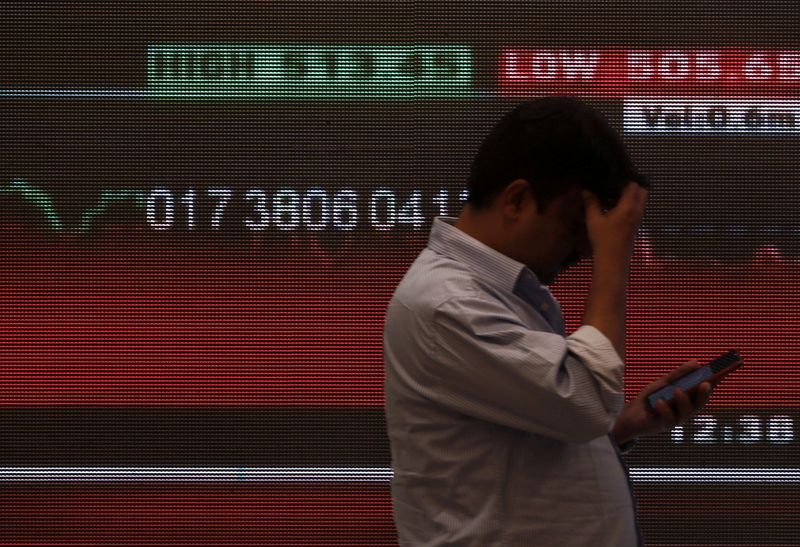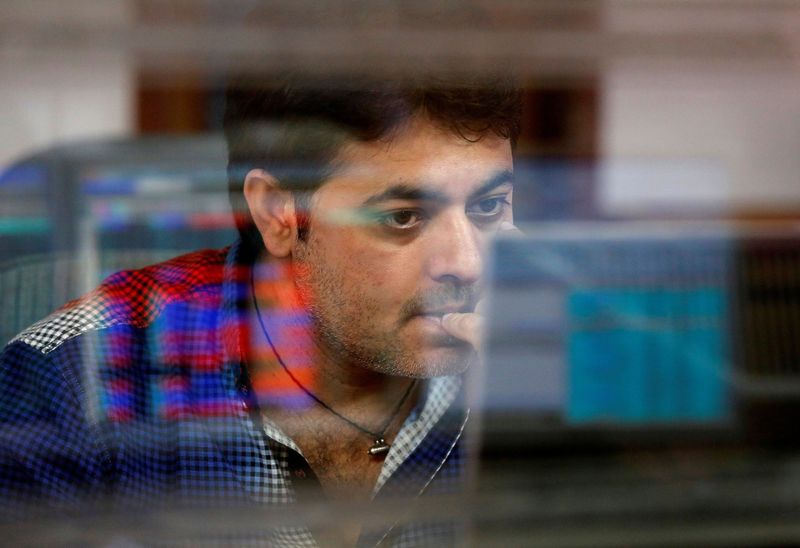NEW YORK (Reuters) - The long-term effects of the Russian invasion of Ukraine for investors in emerging market stocks include a reassessment of EM benchmarks, a reshaping of global trade, and premium value for managing the risk embedded in the asset class, research published Monday by Acadian Asset Management said.
Oil exposure was a key determinant of how emerging market countries' stocks performed in the immediate aftermath of Russia’s invasion in late February, which Moscow calls a "special operation". Oil producing countries outperformed oil consumers by a wide margin.
Investors benchmarked to the highly-followed MSCI EM index were vulnerable to an energy shock, Acadian's research said.
Falls in stocks of China, Taiwan, India and South Korea - energy importers accounting for nearly three-fourths of the whole index - had a much larger impact than the gains in smaller oil producing countries and "this imbalance contributed materially to the benchmark's loss," the research said.
"Relative to a potentially flawed benchmark, a fundamentally oriented active strategy may offer a more natural starting point for an allocation," wrote Seth Weingram, director of client advisory, and Ram Thirukkonda, senior investment strategist at Acadian.
A second theme addressed in the research was changes in globalization trends before the conflict, COVID-19-related views on a shift in supply chains and the need to onshore or near-shore to avoid the disruptions caused by the COVID lockdowns.
The authors pointed to the flow of partly-banned Russian oil and how its price dislocation generated interest from countries outside the Western block, including China and India.
"Informed by that background, we see it as more likely that the invasion will alter globalization's patterns than seriously damage it," they wrote, noting that changes could translate to "intensification of trade within geostrategic blocs, motivated in part by security concerns."
The research also looked at the need to manage geopolitical risk rather than trying to avoid it, because for investors in EM "geopolitical risk is a fact of life”.

"The ubiquity of geopolitical risk in emerging countries does not detract from EM investing; in a real sense, it is central to the investment thesis," the authors said, calling for true diversification as one hedge as well as assigning high value to a variable of geopolitical risk.
"Explicit limits on exposures to individual companies, countries, and sectors can help to protect against unanticipated shocks," they said.
